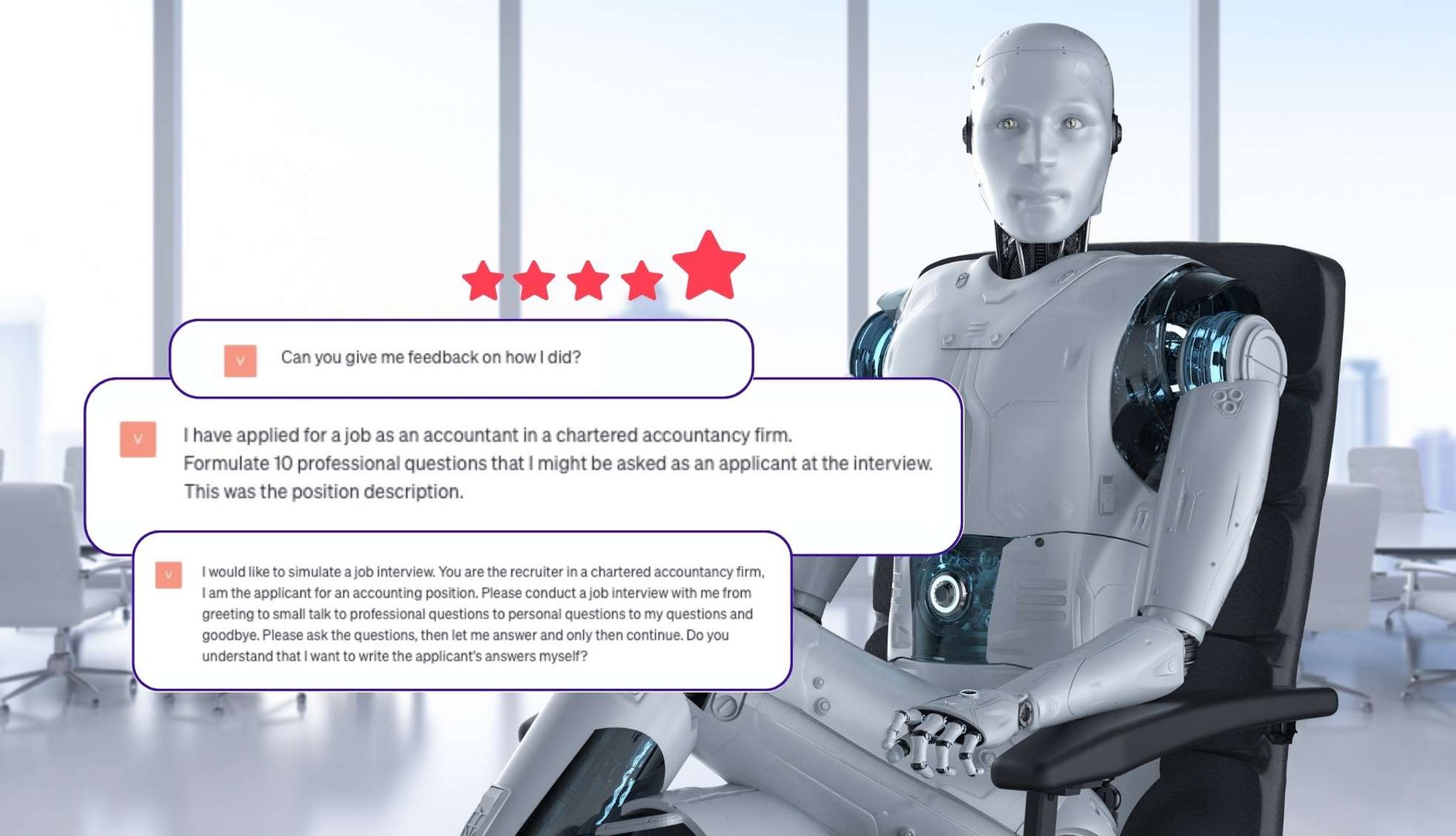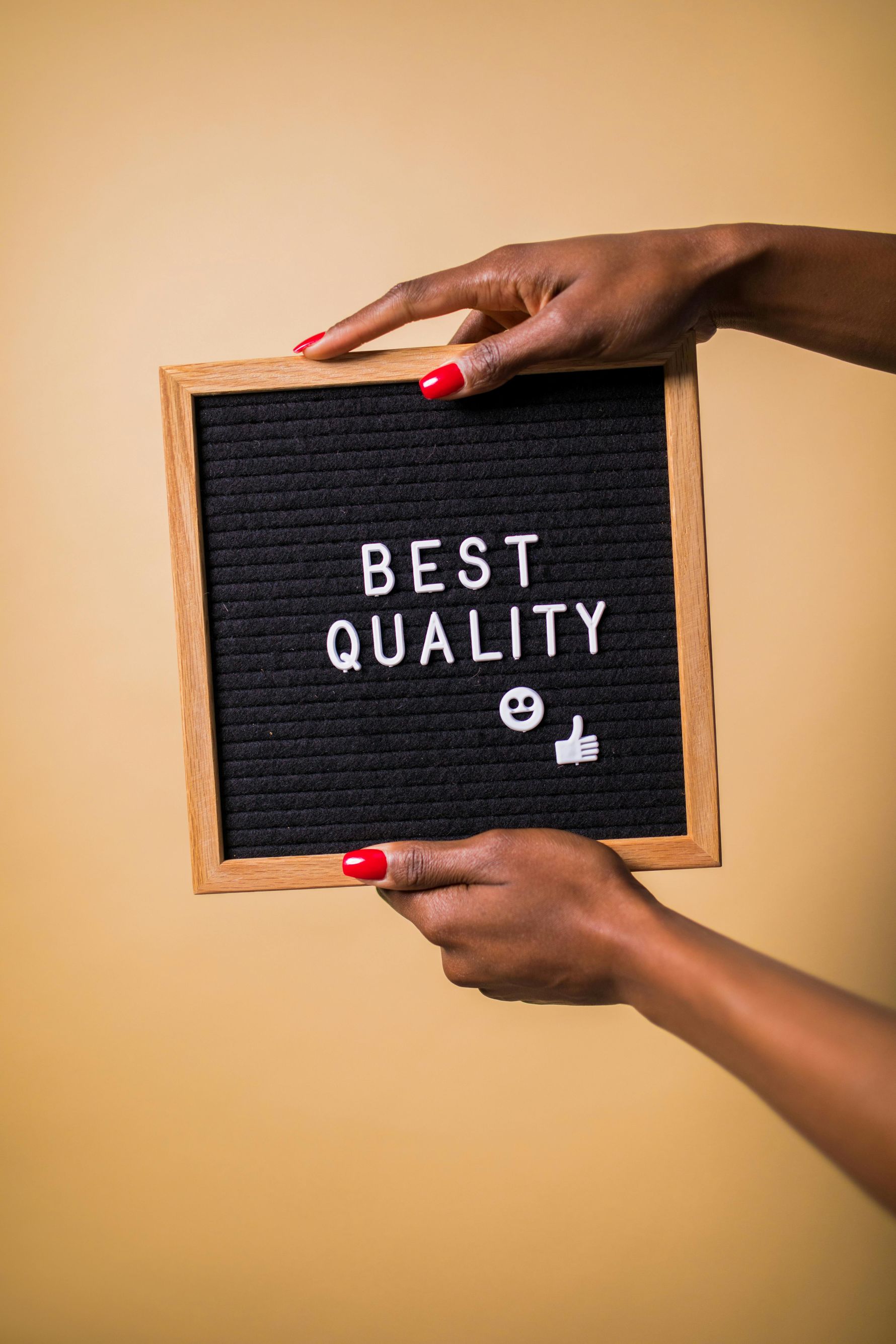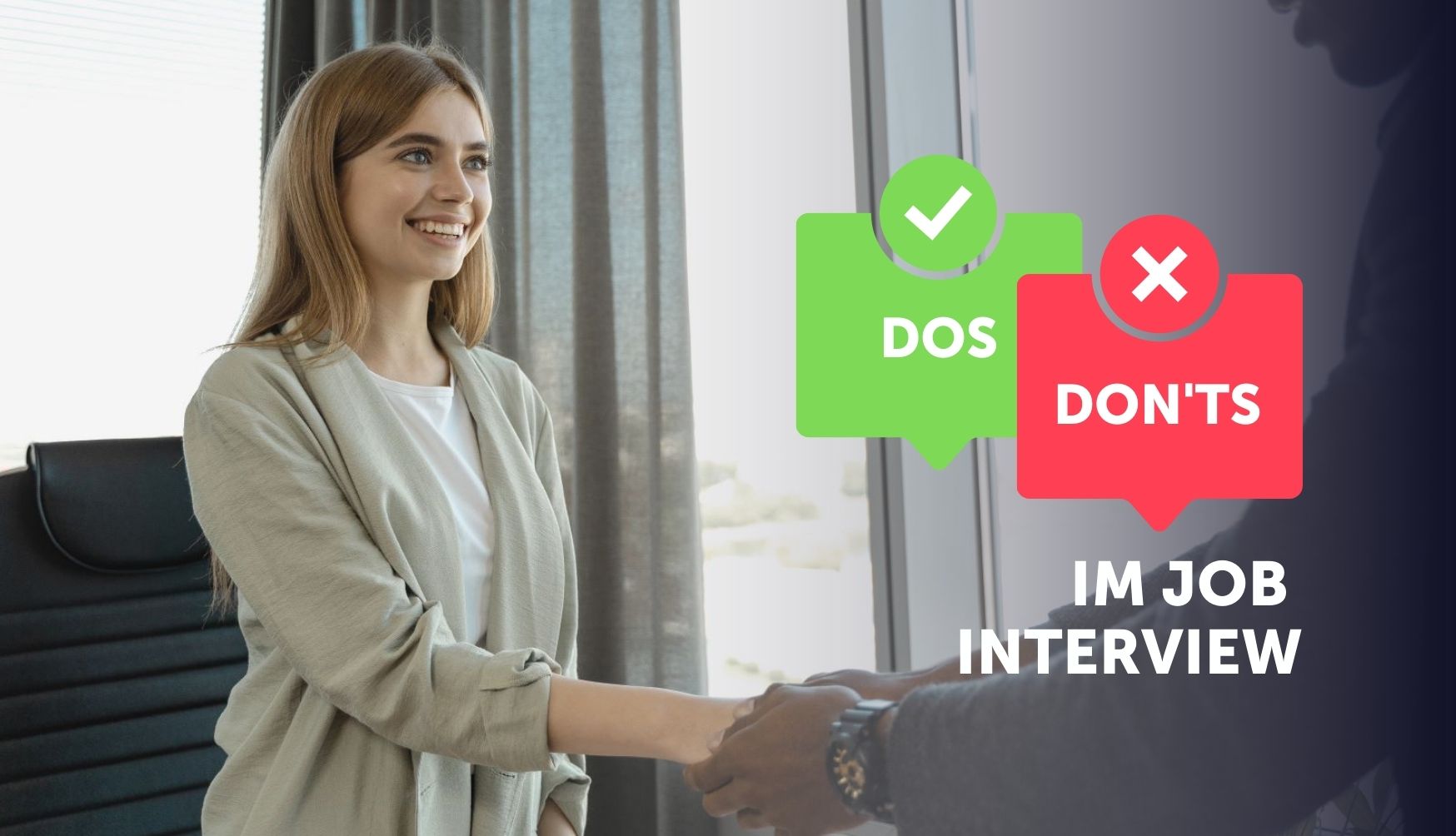Ask these 10 questions in a job interview
1. What can I expect on a typical workday?
This question gives you a realistic insight into the day-to-day work of the position. If you ask this question in the interview, you will find out what your specific tasks will be, who you will be working with, and how your working day will be structured.
Why is this important?
- You can see whether the tasks match your expectations.
- You can identify everyday stress and overload at an early stage.
2. What are your expectations for the role, especially in the first six months?
This question shows that you are proactive and goal-oriented. Employers will immediately notice that you take the success of your role seriously and want to take on responsibility.
Possible answers provide information about:
- Onboarding processes
- Key performance indicators (KPIs)
- Early areas of responsibility
3. How would you describe the corporate culture?
People who fit well into the corporate culture are happier at work and stay longer. So ask specific questions about values, leadership style, and team spirit. Even if the company answers “open” or “dynamic,” feel free to ask for examples.
4. How does the team work together?
Your future team will have a major impact on your satisfaction. This question will tell you:
- How much communication is expected
- What roles there are in the team
- Whether the work is more independent or collaborative
5. What development opportunities does the company offer?
This question signals that you are thinking long term. Pay attention to whether your interviewer gives specific examples of training, internal career paths, or mentoring programs.
6. What distinguishes good performance from excellent performance in this position?
This strategically clever question in a job interview shows that you don't just want to do the minimum, but strive for excellence.
It also helps you find out:
- What qualities top performers bring to the table
- Whether initiative is required
- How performance is measured
7. How does your company deal with mistakes?
This question tests the company's culture of dealing with mistakes – an aspect that is often underestimated. Are mistakes discussed openly or is blame assigned? Innovation and a willingness to learn often become apparent here.
8. Why is the position currently vacant?
This will give you important insights:
- Is this a newly created position?
- Has there been a high turnover rate?
- Did the previous employee leave the company or get promoted?
9. What challenges does the company expect to face in the next 12 months?
This question will set you apart from other applicants. You show interest in the company's strategy and that you are thinking about the context of your role.
Examples of challenges:
- Digitalization
- Internationalization
- Restructuring or growth
10. Are there any points in my profile that you still have concerns about?
This bold but very effective question shows self-confidence. It gives you the opportunity to address open issues directly and dispel any doubts.
FAQ – frequently asked questions on the topic of “questions in job interviews”
- How many questions should I ask in a job interview? Ideally, ask 3–5 relevant questions. These should not be “obligatory questions” – they should be questions that really help you make a decision.
- When is the right time to ask questions? Usually at the end of the interview. However, if you have questions during the interview, you can ask them directly – this shows that you are paying attention.
- Should I also ask about benefits? Yes, but not as your first question. It's best to bring up the topic in the second interview or when your interviewer brings it up themselves.
Avoid these typical mistakes when asking questions in a job interview
- Not asking any questions: comes across as uninterested
- Google questions: e.g., “What does your company do?” – you can research this beforehand
- Too personal questions: e.g., about the boss's family policy
Conclusion: Ask smart questions in job interviews to ensure success
As an applicant, asking the right questions in a job interview shows that you have:
- genuine interest
- strategic thinking
- an understanding of the role
At the same time, you will gain important information that will help you make an informed decision for or against the position.
Want to prepare even better?
Then read our other articles:







![[Translate to English:] Junge Frau sitzt vor Laptop und lächelt](/fileadmin/user_upload/02_blog___news/schulmeister-blog-einmal-bewerben-nie-wieder-sorgen-titelbild_1748x1004_ko.png)
